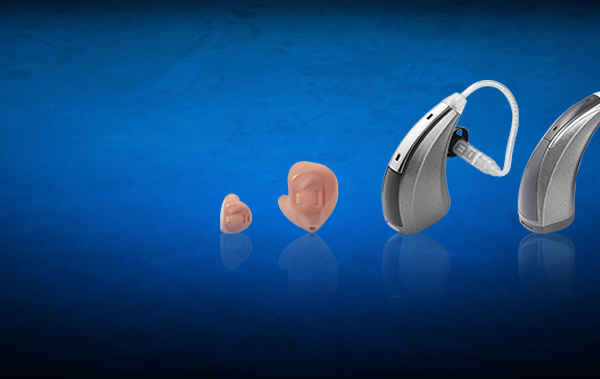
Those who interact with the hearing-impaired person will often remark, “he doesn’t pay attention”, or “she ignores me”. Interpersonal relationships become more and more strained as the hearing impaired individual becomes the butt of jokes or the focus of anger.



